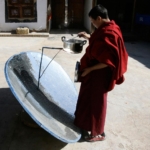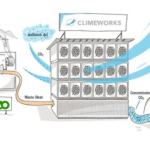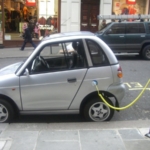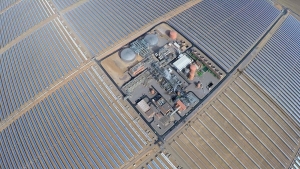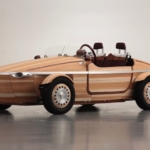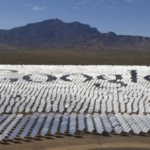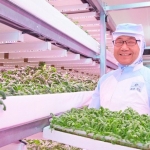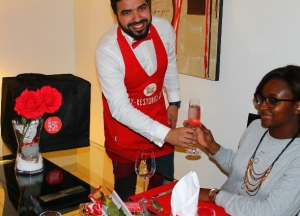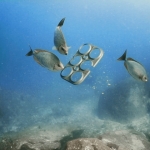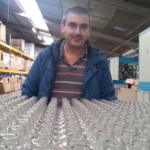Better Cotton Initiative: Blue jeans go green
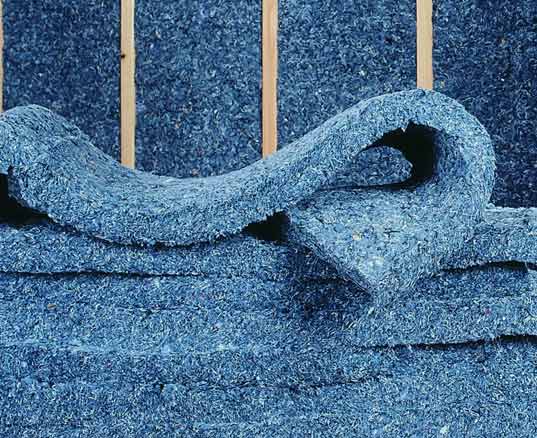
Imagine an eco-conscious world where we don’t need thousands of liters of water to wash out a blue jean, astronomical amounts of toxic dyes to print this famous blue or tons of sand thrown by high-pressure to make it older, a very dangerous process for workers. Well for nearly three years now, this has been possible! Read more



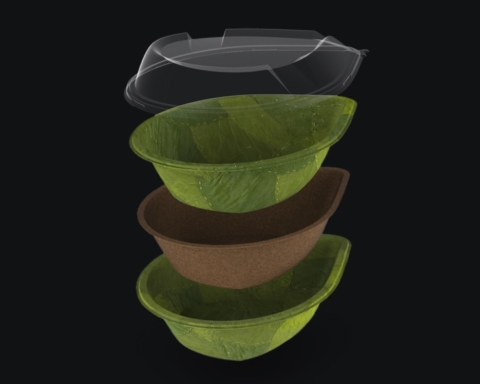
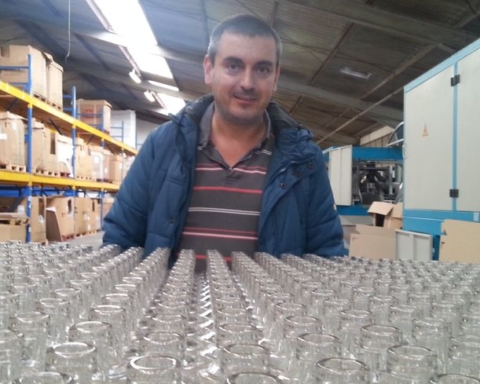
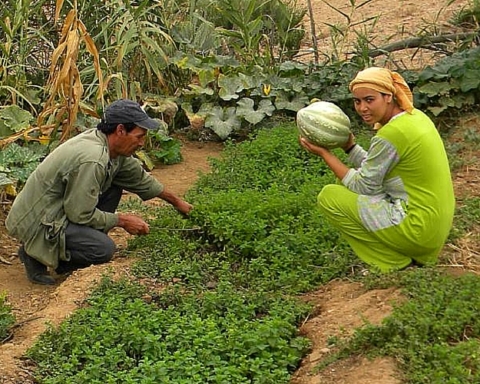

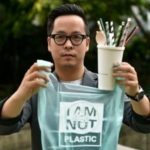
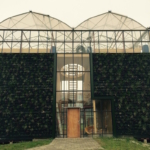
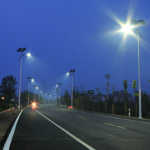
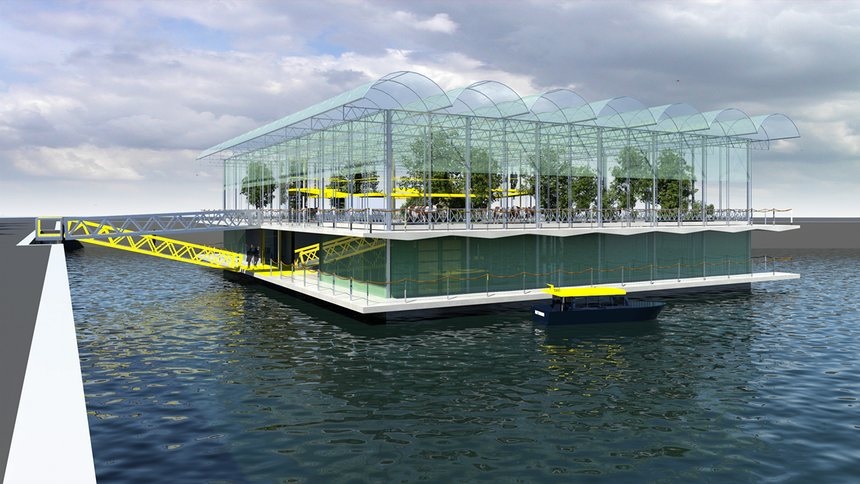
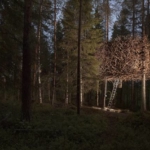
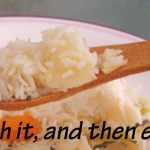
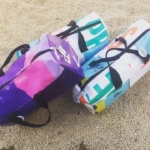
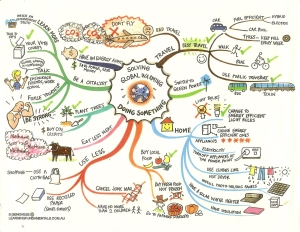 Consensus materializes around a very important fact: it is imperative that we move quickly to clean energy. However, even the best case scenario would not be enough to avoid climate catastrophe. Reason: the burning of fossil represents only about 70% of all emissions of greenhouse gases. The remaining 30% are from various causes that must also be addressed.
Consensus materializes around a very important fact: it is imperative that we move quickly to clean energy. However, even the best case scenario would not be enough to avoid climate catastrophe. Reason: the burning of fossil represents only about 70% of all emissions of greenhouse gases. The remaining 30% are from various causes that must also be addressed. 